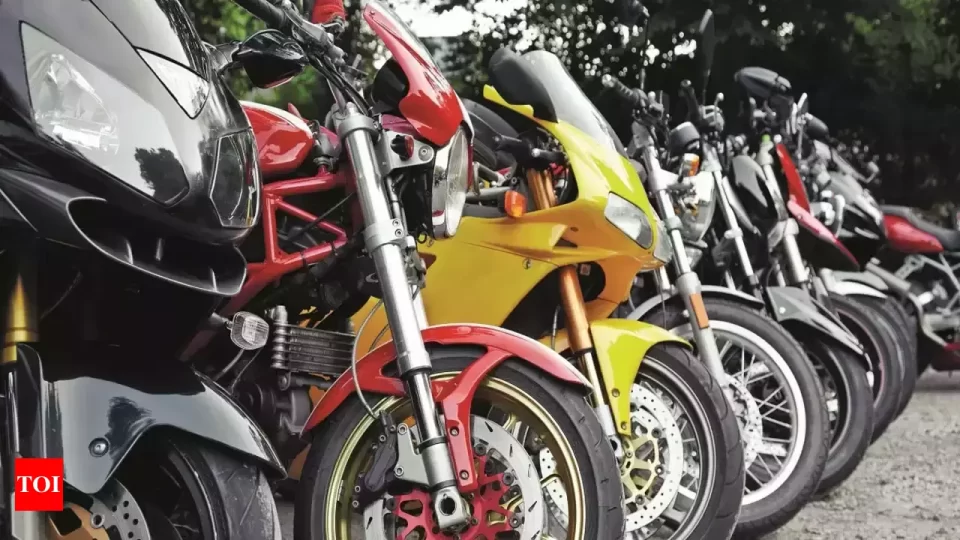Buying your first motorbike can be both exciting and overwhelming. With a wide range of models, styles, and factors to consider, it’s important to approach the decision carefully to ensure that you choose the right bike for your needs. This guide will help you navigate the process.
Define Your Purpose
The first step in choosing the right motorbike is to define your purpose. Are you looking for a commuter bike for daily use, a touring bike for long-distance travel, or perhaps a dirt bike for off-road adventures? Speaking to a professional dealer in London Suzuki motorcycles is a good way to go, as they can help you choose the right bike for your needs. Different types of bikes are designed for different riding styles, so having a clear idea of how and where you plan to ride is essential.
- Commuting: For daily commuting, a lightweight, fuel-efficient bike like a standard or naked bike is ideal.
- Touring: If you plan on long rides, consider a touring bike or cruiser, known for comfort and storage space.
- Off-Road: If you’re into adventure, dirt bikes or dual-sport bikes are designed for rugged terrain.
Understand the Different Types of Motorbikes
There are several types of motorbikes to choose from, each with its own strengths:
- Standard/Naked Bikes: Versatile and straightforward, these bikes are perfect for beginners. They offer a comfortable upright riding position, making them easy to handle in various conditions.
- Sport Bikes: These are designed for speed and agility. While exciting, they may not be ideal for beginners due to their aggressive riding position and high performance.
- Cruisers: Known for their low seat height and relaxed riding position, cruisers are often preferred for long, comfortable rides. Harley-Davidson is a well-known brand in this category.
- Touring Bikes: Built for long-distance travel, touring bikes offer features like large fuel tanks, comfortable seating, and storage compartments. They are typically heavier and not the best choice for a first bike.
- Dual-Sport/Adventure Bikes: These are versatile bikes designed to handle both on-road and off-road conditions, making them a good option for riders who want to explore different terrains.
Consider Your Budget
Budget is a critical factor when buying your first motorbike. Besides the cost of the bike itself, you need to factor in additional expenses such as insurance, gear (helmet, jacket, gloves), maintenance, and potential modifications. Beginners often find it wise to start with a used bike, which can be more affordable and less intimidating than a brand-new model.
When setting your budget, don’t forget to allocate funds for safety gear. A quality helmet, gloves, and protective clothing are non-negotiable essentials.
Choose the Right Engine Size
Engine size is measured in cubic centimeters (cc) and can range from 50cc to over 1,000cc. As a beginner, it’s crucial to choose a bike with an engine size that matches your skill level and comfort. A smaller engine, such as a 250cc to 500cc, is often recommended for new riders as it provides a manageable power output while still offering enough performance to enjoy the ride.
Take a Test Ride
Once you’ve narrowed down your options, take a test ride. This will help you get a feel for the bike’s weight, balance, and comfort. Pay attention to how easy it is to maneuver at low speeds and whether the seating position suits you. Don’t rush this step—riding comfort and confidence are crucial.
Learn About Maintenance
Motorbikes require regular maintenance to keep them in top shape. Before purchasing a bike, research its maintenance needs and costs. Some models are easier to maintain than others, and understanding the upkeep required can help you avoid unexpected expenses. Regular oil changes, tire checks, and brake maintenance are essential for safety and longevity.
Get Proper Training
Riding a motorbike requires skill and confidence. Enrolling in a motorcycle safety course is highly recommended for beginners. These courses teach you the fundamentals of riding, handling, and road safety, and many even offer insurance discounts upon completion.
Plan for Insurance
Motorbike insurance is another critical consideration. Insurance premiums vary depending on the bike type, your location, and your riding experience. Shop around and compare quotes to find a policy that fits your needs and budget.

